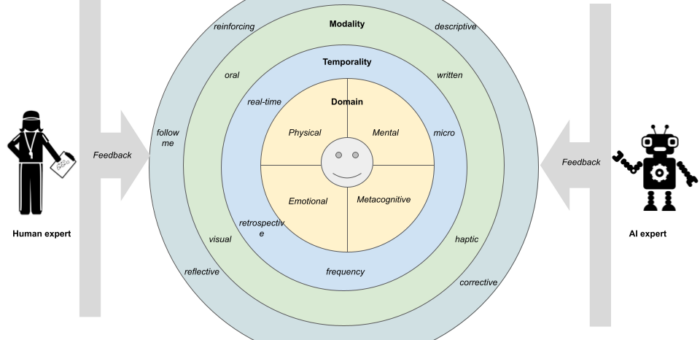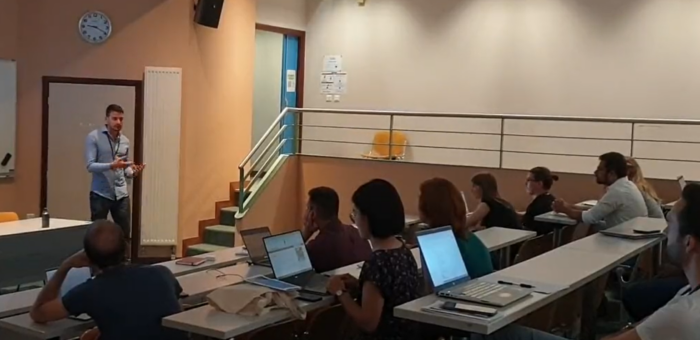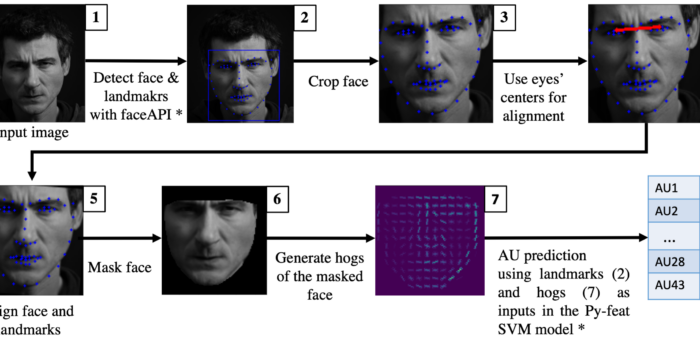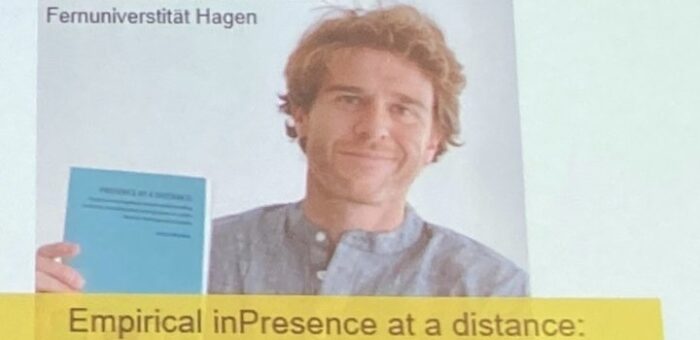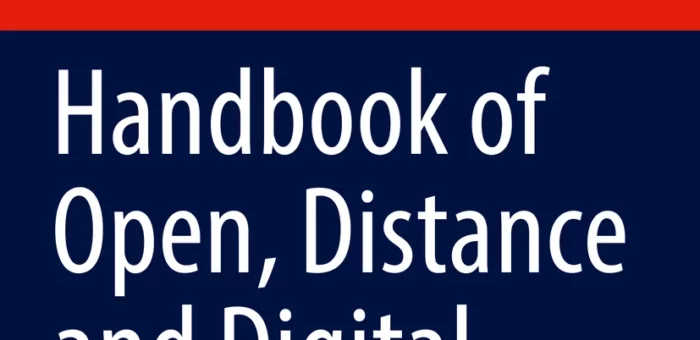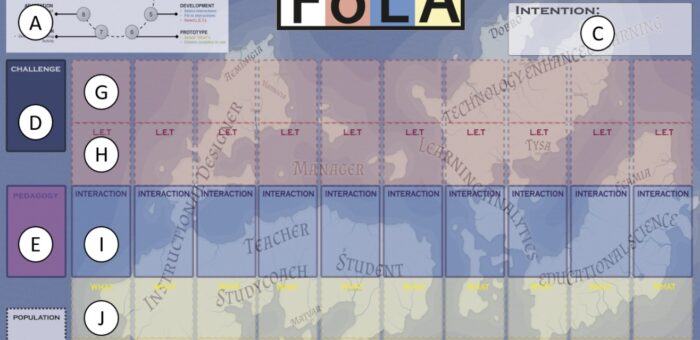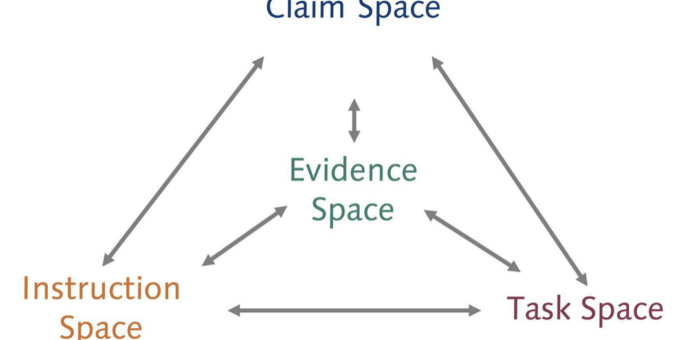
MILeS 2022 – Multimodal Immersive Learning Systems
On 13th September, the EduTec team members Daniele Di Mitri, Jan Schneider, Fernando Cardernas, Gianluca Romano, and George Ciordas, Sebastian Gombert and Onur Karademir contributed to organising the workshop at EC-TEL 2022 conference entitled MILeS 2022 – Multimodal Immersive Learning Systems. The DIPF also authored various contributions to the workshop: Bibeg Limbu, Gitte Van Helden, Jan Schneider and Marcus Specht. We can teach more than we can tell: combining Deliberate Practice, Embodied Cognition, and Multimodal Learning. Fernando Pedro Cardenas Hernandez and Jan Schneider. Considerations in Feedback and Periodization for the Multimodal Learning Experience of Running via Wearable Devices Gianluca Romano. Meaningful Feedback from Wearable Sensor Data to Train Psychomotor Skills Daniele Di Mitri, Sebastian Gombert and Onur Karademir. Reflecting on the Actionable Components of a Model for Augmented Feedback The MILeS 2022 workshop is…

